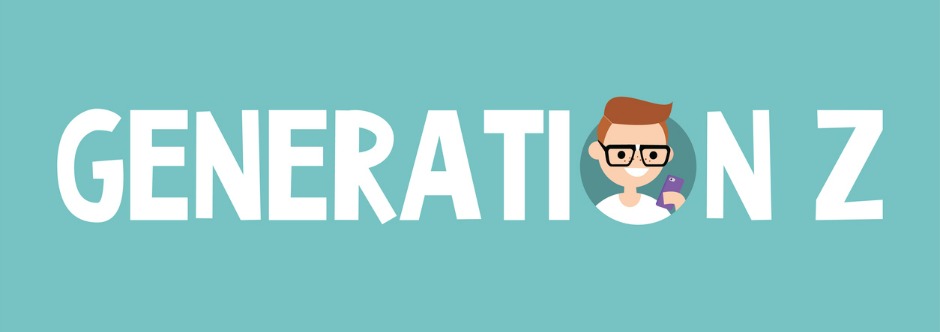Beware employers: a new generation of talent is on the horizon. Even as Millennials are currently shaping the way recruiters structure their position openings and make themselves desirable, further changes are coming soon.
Generation Z, the next group of young professionals about to reach adulthood, displays a number of group dynamics that will further shape and define talent recruitment around the world. Its characteristics shape a number of workplace expectations, and the time for employers looking to continue attracting the best possible talent is now.
The Defining Characteristics of Generation Z
As with any demographic, the exact definition of Generation Z differs according to source. Most commonly accepted, the moniker describes the demographic cohort that comes after Millennials. Research in most countries designates anyone born after 1995 as part of this generation.
As is the case with any age group, Generation Z is defined by the circumstances of their upbringing. The September 11, 2001 terror attacks in the United States and subsequent global war on terror, as well as the recession of 2008 and its impact on economies around the Western World have shaped the attitudes of students who are just now beginning to reach adulthood.
While Millennials can be considered digital natives thanks to their quick adoption of new technologies, Generation Z takes the concept one step further. They have never known a world without smartphones and the internet, making them the most technology-centric generation yet. They are digital exclusives.
How Generation Z Will Approach their Careers
Millennials were defined by an ideological desire to strive for personal fulfillment rather than financial security. Thanks to the economic uncertainty faced by their parents and relatives, Generation Z is taking a more fiscally conservative approach. Personal fulfillment still matters, but is secondary to financial security. As Forbes details, pragmatism rules.
As a result, Fortune reports that the top concern for members of this demographic‘ is to find a secure job. And the career aspirations change, as well. After seeing their parents struggle in the traditional job market, members of Generation Z are adopting a more entrepreneurial mindset that values both independence and fast career advancement. In 2014, 72 percent of high school students in the United States reported wanting to start their own business at some point in their career.
How Employers Can Prepare for Generation Z
Given the above characteristics and career aspirations, it’s clear that employers will have to take a different approach when it comes to attracting Generation Z than was the case for previous generations.
Career advancement matters above all. A 2015 study found that the majority of Generation Z students and job seekers expect to be in their dream job within ten years. According to the same study, career growth ranks above personal fulfillment on the list of priorities. Any talent search has to start with a clear outline of advancement opportunities.
In addition, the entrepreneurial mindset of Generation Z leads to a desire to own their work more than had previously been the case. That means emphasizing areas of responsibility as early as the job posting, letting applicants know exactly what their responsibilities will be.
We are also starting to see a shift from ‘soft’ to tangible benefits as a recruiting tool. Break rooms and slides instead of stairs may have worked for Millennials, but Generation Z – looking for financial security – will be more interested in health care, retirement benefits, and other practical benefits.
Finally, this generation’s digital proficiency means they will always certainly look up a company to which they’re applying on Google and social media. A strong and consistent employer brand is absolute key to attracting the attention of qualified Generation Z’s job seekers.
Is your company ready for the next generation of talent? It’s already starting to enter the workforce, so early adjustments are key to continue attracting the most qualified candidates possible. Generation Z is coming, and your approach to recruiting new talent might need to adjust as a result.





